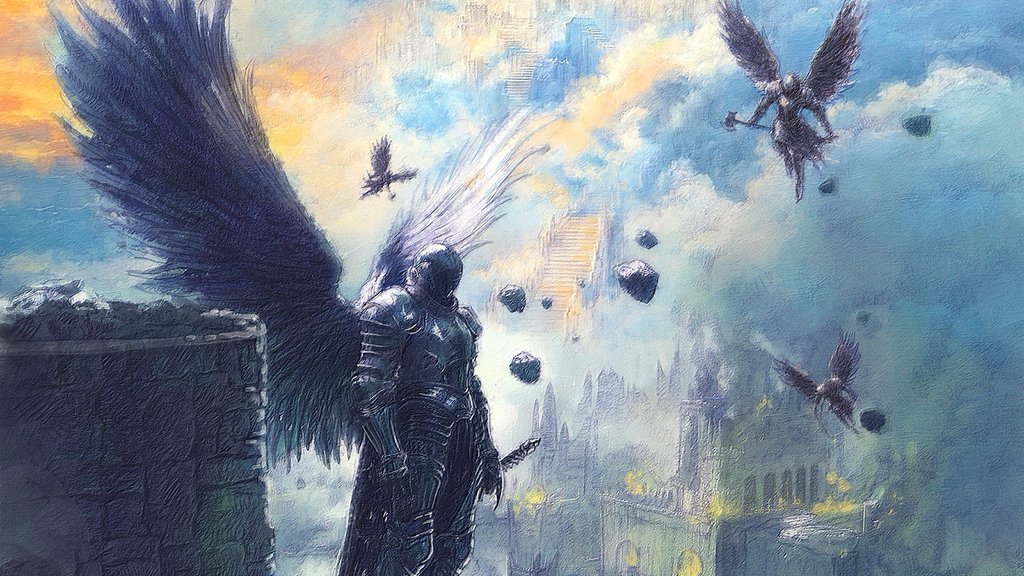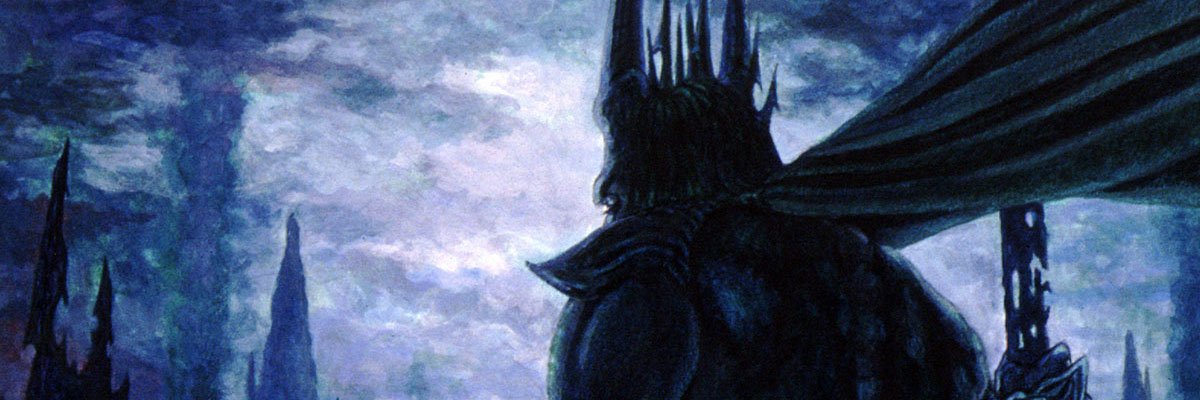Echoes of Heaven Reborn!
Back from the ashes, Echoes of Heaven Campaign Setting and the adventure The Throne of God are now updated for 5e 2024 rules. The Throne of God is an adventure for Level 2 characters. This product will be released in PDF format with support for Foundry VTT.
The world falls to darkness...
...Evil roams the land...
...But dark only becomes grim dark if you turn from the light...
...Will YOU answer the call?

Make it stand out
Echoes of Heaven
Back it now at Echoes of Heaven Reborn!
Echoes of Heaven Campaign Setting
Echoes of Heaven is a 5e setting and campaign set in a world of darkness and danger. A monolithic church has split into dozens of quarreling factions, and holy war looms like a shadow. Here, strength and brutality win the day, and only those with the most faith, honor, and courage can stand against the terrible tyranny of those who would enslave everyone of a different belief, philosophy, or species.
Worse, it is a world infected by the very fabric of Hell itself.
It’s a world that once knew extraordinary, perfect grace, where mortals and angels labored side by side and all spent their days basking in the light of God. There was no Mortal Realm. Hell was nothing more than a province of Heaven. All lived in Paradise and knew what it was like to wander in grace.
Then came the war.
The Fall of the first third of the Host of angels nearly destroyed Heaven. The Fall of the second third came as a death knell. Only the foresight and planning of the Five Prophets saved everyone from languishing under the rule of the Fallen ... but it came at a terrible price.
Enter Meridrin, the Mortal Realm, a world sundered from Paradise, a world both familiar and strangely different—a world where you can make a difference.
"Echoes of Heaven is a well-written, fantastically interesting campaign setting."
--Andrew Branstad, RPGNow Staff Reviewer
The Throne of God
Once mortals stood in the full glory of God. Now, they must strain to hear even the echoes of Heaven.
Included with the Echoes of Heaven Campaign Setting is The Throne of God, part one in a ten-part adventure series that spans ten thousand years.
The city of Belm is the center of culture, government, and commerce for the Kingdom of Ludremon. But when a young girl disappears just miles outside the city walls at the same time the cathedral’s holy relic is stolen, who will dare undertake an adventure that leads into the tattered fringes of reality itself?
An adventure for 2nd level characters.
". . . Stunning . . ."
--Nicholas Caldwell, www.Guildcompanion.com
Reborn for the 2024 Rules
In conjunction with the update to D&D in 2024, we want to bring Echoes of Heaven into a new decade by updating its 2014 art and rules. This will include updates to maps and a new cover art.
Everything in this product was written or created by a human being. We don't use any generative tools.
Support for Foundry VTT
The new Echoes will include full support in Foundry Virtual Tabletop. This consists of the full Campaign Setting and The Throne of God adventure.
The Module Includes
212-page campaign setting.
70-page adventure.
A new racial option, the exalted, which can be added to humans, elves, and dwarves.
12 new subclasses.
Landing Page and ten highly immersive maps. (Foundry VTT)
Scenes are configured with walls, lights, and overhead tiles. (Foundry VTT)
25 actors. (Foundry VTT)
Ideas for individualized stories for the player characters.
Adventure Seeds and World Threads. Adventure Seeds outline setting elements open to exploration, while World Threads detail elements we may cover in future products. With these tools, the GM will never have to worry about contradicting future canon.
Dramatic Purposes outline the design goals of every encounter. With Dramatic Purposes, a GM can more easily improvise on the fly, responding to player actions, while knowing what story beats are required for a fulfilling adventure.
The new Echoes will include full support in Foundry Virtual Tabletop, which is the property of Foundry Gaming LLC. Echoes will be a premium module for the virtual tabletop software.
One Setting, One System
The product and its Foundry VTT support are only for 5e.
Echoes of Heaven, however, was initially designed for use in four different game systems. They are the games using the Open Game License (for use with the third and fifth editions of the world’s most popular roleplaying game), plus Rolemaster (owned by Iron Crown Enterprises) and HARP (owned by Iron Crown Enterprises).
This Kickstarter includes no versions except 5e and the Foundry VTT module using the 5e system.
Free Gifts!
Subscribe to our newsletter and get the first Echoes of Heaven short story, Ulcer. Make sure you check your spam and promotions folder. https://roberts-newsletter-652501.beehiiv.com/subscribe
A Popular Setting in a New Era
We are delighted to bring Echoes of Heaven into a new era of roleplaying. This is an exciting time, and we at Final Redoubt Press look forward to the future of the setting.
“. . . if I had to recommend one single line that didn’t make the list, this would be it.”
--Jeramy Ware, 2007 ENnies Judge












